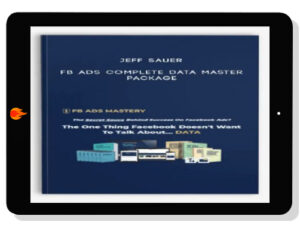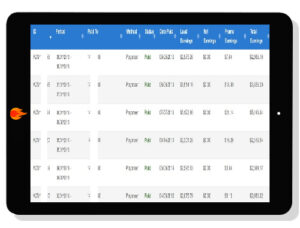Available for Pre-Order. This product will be available within a few days.
Tom Smith – Pharmacology, What You Need to Know About Medications in a Rehab Setting
Purchase the DVD or CD recording from our product store!
Treatment for ADHD, Autism, Stroke, Heart Attack, Diabetes and Others
The latest drug information on the most common conditions
Medication side effects and their impact on your patients
Medication issues specific to patient age and co-morbid conditions
“Off-label” uses of medications
Patients you work with everyday are taking various medications, including pain and cardiac, anti-inflammatories, muscle relaxers, and anti-anxiety. Attend this seminar by Dr. Tom Smith, credentialed as a doctor of pharmacy & licensed mental health counselor, and learn the most up-to-date information on drugs and how they can affect your patients rehabilitation. Tom will be addressing Inderel, Abilify, Lipitor, Plavix, Xanax, Vicodin, Oxy-Contin and many other drugs in this seminar.
Leave this seminar knowing:
Why medications are prescribed for certain conditions
Potential combinations
Strategies to help your patient understand how medication aids in their recovery
Tools to help your patient manage unpleasant side effects, including: altered balance, coordination, digestion and cognition
Medication issues specific to age and co-morbid conditions affect rehabilitation
The potential for substance abuse
Non-compliance issues
OUTLINE
Brain chemistry and the role of neurotransmitters
Mechanisms of drug action
FDA approval process regarding indications, “off label” and “black box” warnings
Issues of age and co-morbid conditions
Medication compliance
Tools you can use to understand your patients’ medication
Risks vs. benefits of medications
Neurological Conditions
Stroke
Cerebral palsy
Multiple Sclerosis
Parkinson’s Disease
Spinal Cord Injuries
Spina Bifida
Drug effects on the sympathetic/parasympathetic nervous system
Cardiovascular Conditions
Blood modifiers
Dysrhythmia stabilizers
“Lifestyle changes”
Substance abuse potential
Psychotherapist referral
Hypertension
Blood pressure medications
Potential side effects
Falls
Fainting
Dietary concerns
Orthopedic Injuries
The pharmacology of pain and inflammation
Hip/shoulder/knee replacements
Controversy about drugs for osteoporosis
Side effects
Abuse/misuse
Addiction
Withdrawal
Overdose
Non-compliance and rebound
Gastrointestinal side effects
Would you like to receive Tom Smith – Pharmacology, What You Need to Know About Medications in a Rehab Setting ?
Mental Health Drugs
Different classes of drugs, how they “work”, and different clinical uses
Antidepressants to Alzheimer’s, with autism, anxiety, hot flashes, and psychosis in between
Side effects and risk factors for the different classes of mental health drugs
ADHD
The Stimulants
Non-stimulants
Medications previously used for blood pressure
Autism
Behavioral medications
Side effects that interfere with rehabilitation goals
Cholesterol
OBJECTIVES
Explain the concepts behind “mechanism of action” and “therapeutic response” from medications for specific conditions.
Summarize how a patient’s age and co-morbid conditions affect rehabilitation.
Describe why prescribers may use medications “off-label” and the potential benefits and drawbacks of such use.
Identify common side effects associated with drugs used to treat ADHD, autism, stroke, heart attack, diabetes, and other conditions.
Interpret how to use a tool that will help your patient adhere to medication therapy.
Summarize the logic behind using “foods that require a prescription” to treat certain health conditions.








